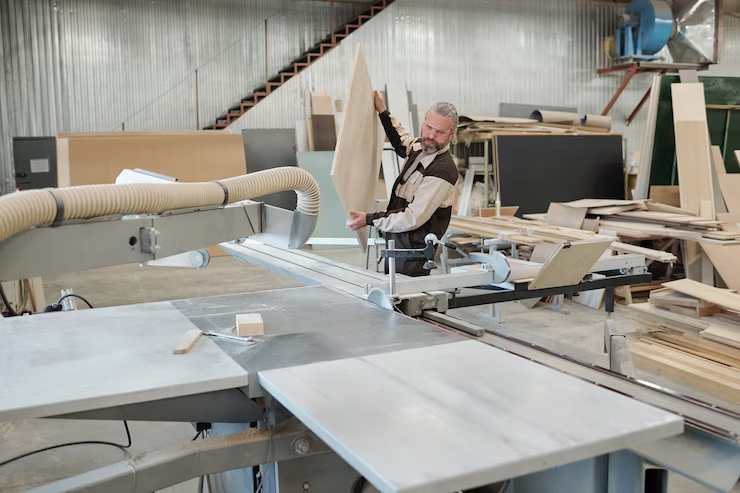From Tabletop Production to E-commerce: Transformation in the Furniture Industry
The furniture industry has undergone a major transformation over the years. It is rapidly moving from traditional tabletop production to e-commerce in a digitalized world. This transformation is impacting many areas, from consumers' shopping habits to manufacturers' business practices.
Traditional tabletop production has long been the foundation of the furniture industry. This method, requiring manual labor and craftsmanship, resulted in high-quality, durable products. However, with the rapid advancement of technology, this situation has begun to change. Manufacturers are now turning to automation and digital technologies for faster and more efficient production.
The rise of e-commerce is also profoundly impacting the furniture industry. Instead of spending hours wandering around stores, consumers can easily purchase the products they want online. This, in turn, is driving manufacturers to online sales channels. E-commerce provides access to global markets, enabling companies to grow.
By 2025, the digital transformation in the furniture industry is projected to become even more pronounced. Increasing online shopping trends, the importance of mobile platforms, and sustainability-focused production processes will be among the key factors shaping the industry.
Consequently, the furniture industry, which is moving from desktop production to e-commerce, can increase its competitiveness by closely monitoring technological developments. Companies seeking success in the future will need to focus on digitalization and online marketing strategies. This will enable them to both provide better service to consumers and lead the transformation of the industry.


